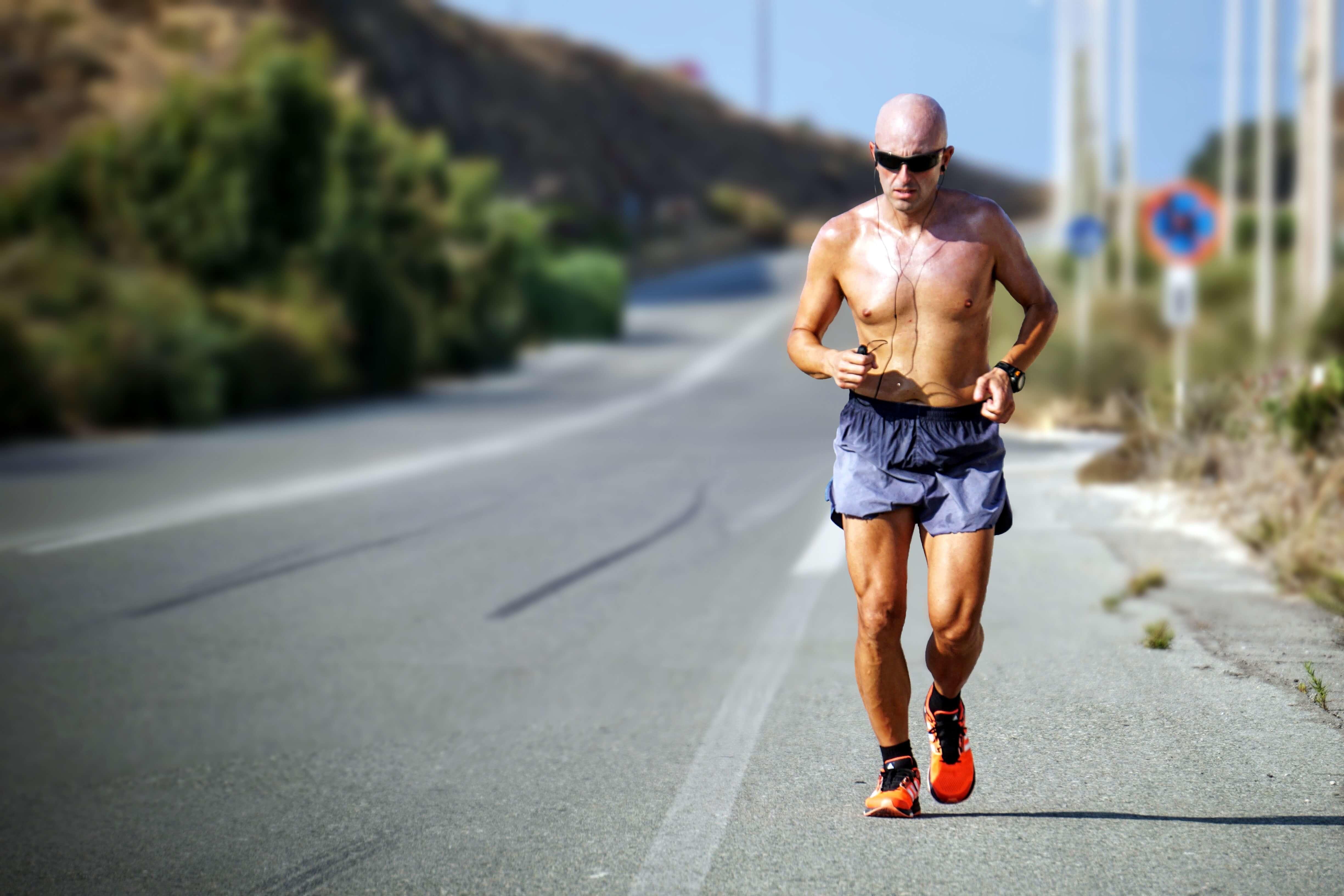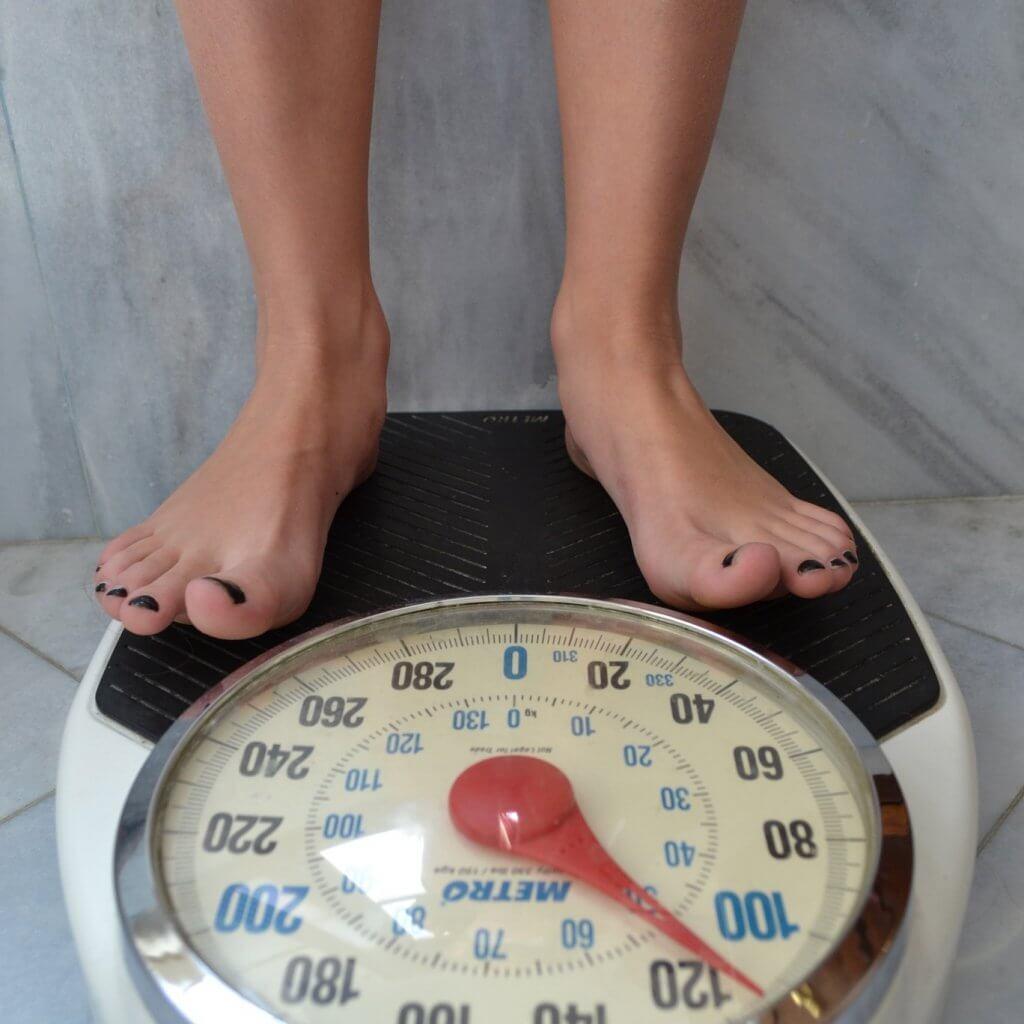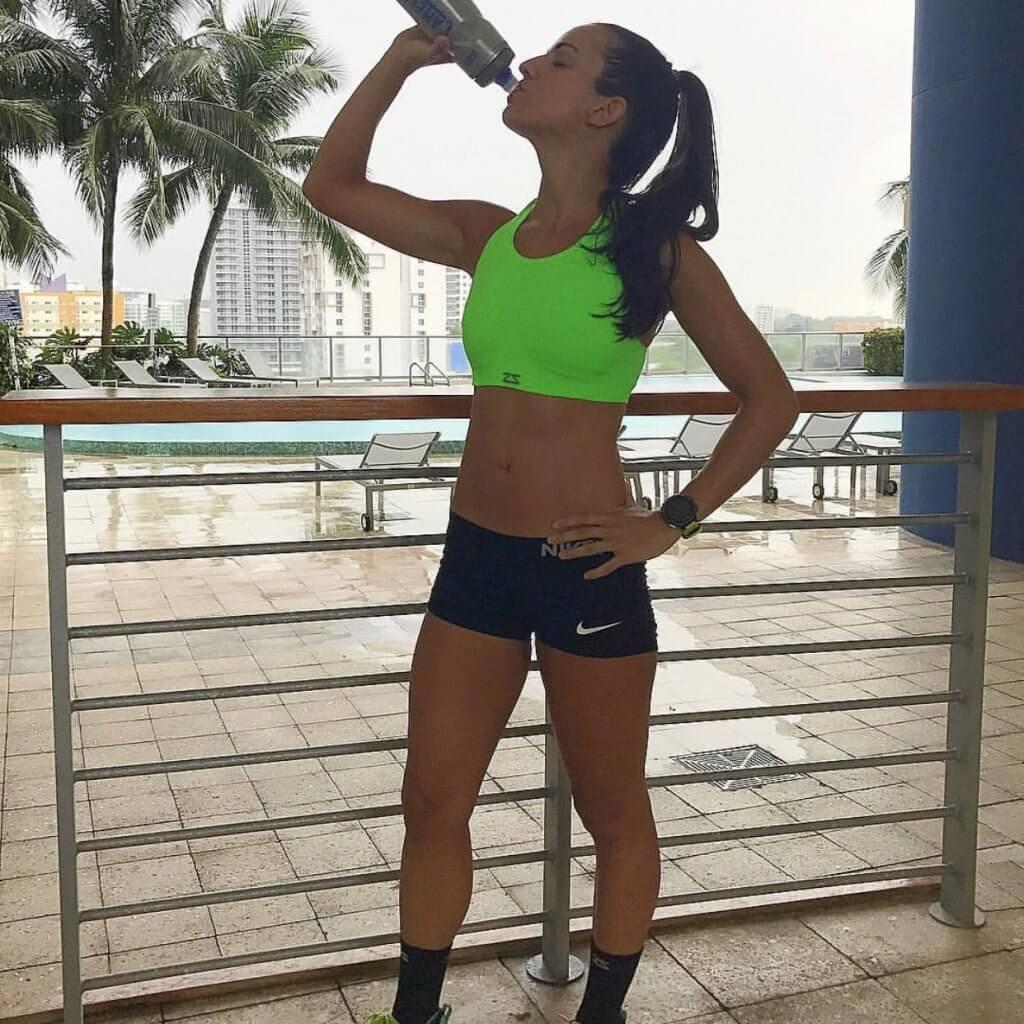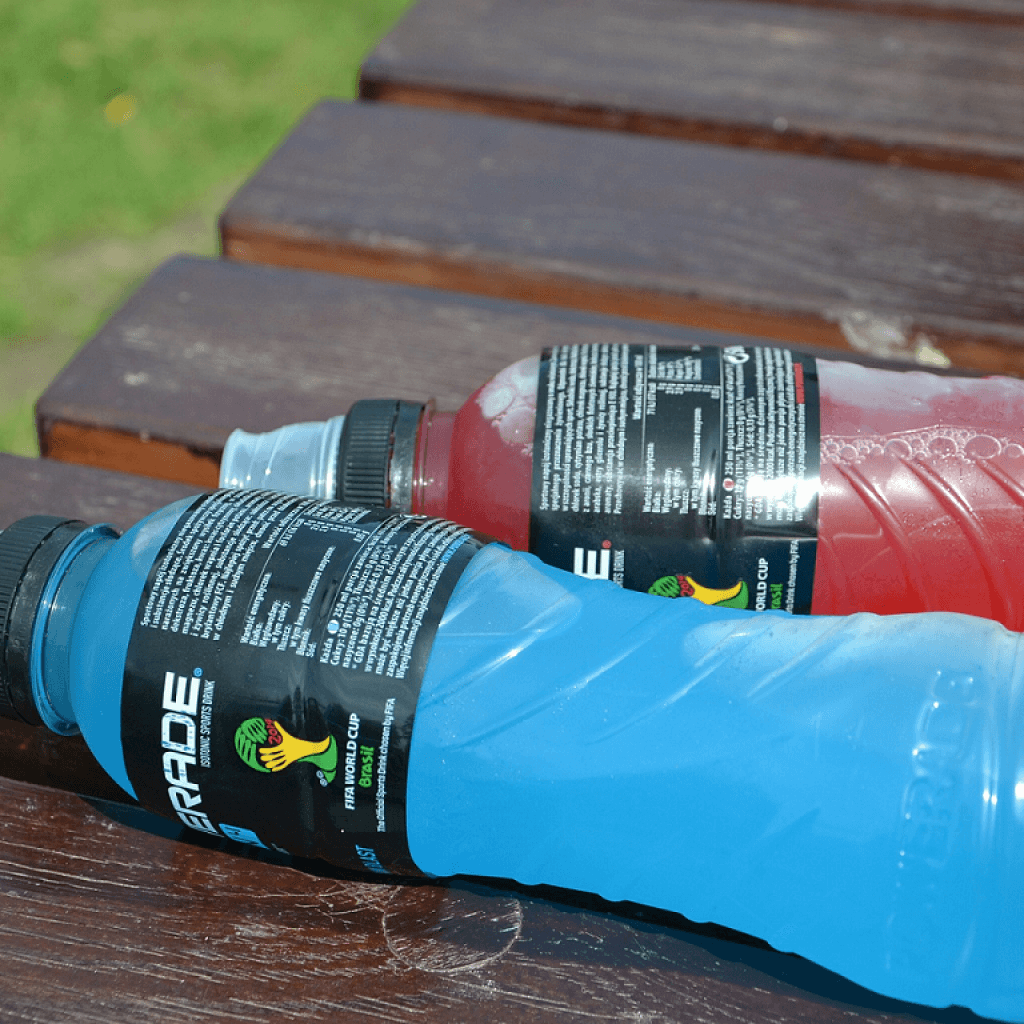The Effects of Hydration on Running Performance

Hydration is hopefully one of the most common concerns among distance runners, especially when their main goal is performance improvement. In recent years, the topic has been thoroughly researched in hopes to determine the perfect formula for hydration needs. The outcome of most research is that there is no perfect formula, and the amount needed to maintain proper hydration levels varies from person to person. The good news is that studies have determined guidelines that runners should follow to help prevent dehydration.
The Effect on Performance
Research states that performance is negatively impacted when an individual is dehydrated by 2% of their body weight. Marathoners are at the greatest risk of dehydration due to the amount of time spent at once in activity. The physiology of the body that causes performance to hinder when dehydrated has many components. Increased core temperature and muscle glycogen depletion cause one to fatigue at a quicker rate. During dehydration, there is a reduction in blood volume and skin blood flow, which leads to a decreased rate of oxygenated blood pumping into the muscles. These affects cause a decreased rate of sweat loss, which then maintains the body in a heated state, therefore continuing to worsen the state of dehydration.

In simpler terms, dehydration occurs when water levels drop to lower than normal. When fluid intake is less than the fluid loss during exercise, dehydration begins by way of the physiological processes explained above. Once it reaches the loss of 2% of body weight, you may begin to experience symptoms, as well as decreased performance levels. It is not uncommon for a runner to reach up to 5% of lost bodyweight during a marathon. There is also a strong correlation between dehydration and environmental temperature and humidity. The physiological processes are basically expedited when training in higher temperatures and increased humidity.
Symptoms of Dehydration
The most common symptoms experienced when dehydrated are thirst, dryness in the mouth and lips, dizziness, nausea, and lightheadedness. It is important to note that not all symptoms may be present when in a state of dehydration. Being cognizant of these signs will help prompt proper treatment. A simple method to determine fluid loss is to weigh yourself right before heading out on a run and immediately afterwards, before any fluid intake. If the loss is 2% of your bodyweight or greater, you have already reached a dehydrated status.

Prevention
Acclimatization to humidity and high temperatures is one way to prevent getting dehydrated. Many professional and elite athletes will spend several weeks training in locations that mimic these hotter temperatures that they may have to experience on race day. Of course, for the regular recreational runner, training for a hot, humid race in a different city than we live is not very possible. Therefore making sure to be well-conditioned is important. Increasing VO2 max, blood volume, and sweat rate will decrease the risk of performance loss when running in higher temperatures. For individuals training for a hot, humid marathon, developing a proper training plan from the start is key to becoming better-conditioned. Making sure to be running enough miles to keep endurance at best and including speed work weekly to increase VO2 max are important components to a proper training plan.
Another method of preventing dehydration is fluid replacement. As mentioned above, dehydration is when fluid intake drops below fluid loss. Sufficient fluid intake begins prior to the time we head out for a run, continues during the run, and does not stop until much after we are finished. A good guideline to follow is drinking when you feel thirsty as well as keeping urine clear. When in a marathon training cycle, it is helpful to keep hydrated on a daily basis. Get used to keeping a water bottle with you at all times and sip fluids frequently during the day.

What Are the Best Fluids?
For shorter runs, water is sufficient enough to keep hydrated. During longer runs and on race day, sports drinks that contain sodium are ideal in order to replace the sodium lost during fluid loss. Sodium has important roles in our bodies such as controlling blood pressure and regulating the function of the muscles. Therefore, it is vital to keep proper sodium levels during activity. Sports drinks are also helpful in providing calories from sugars and carbohydrates to fuel energy needs during longer runs and race day.
Over-Hydration
Over-hydrating is also a problem for athletes. The intake of fluid at a higher rate than the sweat or urine loss causes the diluting of sodium in the blood, a condition called hyponatremia. Opting for solely water when there is excessive fluid loss may also increase the risk of this condition. Physical signs that may develop at the start of hyponatremia are a gradually worsening headache and swelling in the hands and feet. These symptoms may lead to other problems including grand mal siezures, increased intracranial pressure, pulmonary edema, respiratory arrest, and death. The list of symptoms is enough to show the importance of maintaining proper sodium levels. Athletes that train for longer than four hours are more susceptible to developing hyponatremia, which means slower marathoners are at the greatest risk.

The ultimate goal to prevent loss of performance is to match fluid loss and fluid intake. Ideally, testing fluid loss or gain by way of weighing yourself before and after runs is a more accurate measure to determine your individual hydration needs. Making sure to have easy access to a sports drink with sodium during and after long runs and races is very important, as is not limiting sodium in meals on a daily basis. Proper hydration makes a big impact on performance improvement and maintenance.
Sources
- , Half-Marathon and Full-Marathon Runners' Hydration Practices and Perceptions, Online Publication
- , Fluid replacement during marathon running, Online Publication
- , Impact of Environmental Parameters on Marathon Running Performance, Online Publication
- , Chapter 9: Water Requirements and Fluid Balance, Sport Nutrition: 2nd edition
Latest Articles
 Is Running on a Treadmill Easier Than Running Outside?Runners have their own preferences, whether it is treadmill running, running outside on the road, or exploring trails. So...
Is Running on a Treadmill Easier Than Running Outside?Runners have their own preferences, whether it is treadmill running, running outside on the road, or exploring trails. So... Is It OK to Use Trail Running Shoes on the Road?While trail running shoes can be used on roads, especially in situations where a runner encounters mixed terrains or pref...
Is It OK to Use Trail Running Shoes on the Road?While trail running shoes can be used on roads, especially in situations where a runner encounters mixed terrains or pref... How to Fix Sore Quads After Running?Rest, ice, gentle stretching, and over-the-counter pain relievers can help soothe sore quads after running. Also, ensure ...
How to Fix Sore Quads After Running?Rest, ice, gentle stretching, and over-the-counter pain relievers can help soothe sore quads after running. Also, ensure ... 10 Fruits With The Most Electrolytes to Replace Sports DrinksThese fruits are high in electrolytes such as potassium, magnesium, and calcium, essential for hydration, muscle function...
10 Fruits With The Most Electrolytes to Replace Sports DrinksThese fruits are high in electrolytes such as potassium, magnesium, and calcium, essential for hydration, muscle function...

